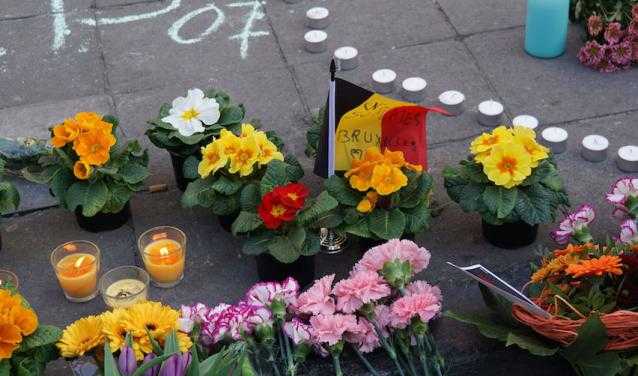Home> Social science after the attacks

04.05.2016
Social science after the attacks
Beyond the obvious emotional shock, the attacks that plunged Paris and more recently Brussels into mourning have challenged the academic community to seek a rigorous, in-depth understanding of this eruption of violence from within our democratic societies. So are our intellectual resources up to the task? Alain Fuchs, President of the National Alliance of Humanities and Social Sciences (Athena) and the French National Centre for Scientific Research (CNRS), gave his response to this question in the recent report Research on Radicalisations (pdf, 1,0 Mo) (Fr) submitted to State Secretary of Higher Education and Research Thierry Mandon.
A need for a cross-disciplinary research
Several key conclusions can be drawn from the report. The first is that French research is able to align a strong group of researchers working on subjects related to varying degrees to the tragic events of the past fifteen months (radicalisation, terrorism, modern Middle-East and Islamic studies, secularism, integration, etc.). As regards the Middle East, CERI specialists are noted prominently in the report – further proof, if any was needed, that the fieldwork prioritised by CERI is crucial to a “situated” understanding of political and social realities.
The second conclusion is that a resolutely cross-disciplinary approach must be developed if we are to grasp the multifaceted drivers of jihadi violence. Ideology, religion, social and political context, personality and many other factors all clearly count towards this alarming trend. Political scientists, sociologists, anthropologists, psychologists and even communication experts each offer valuable analyses, but an overall explanation cannot emerge without collaboration that straddles disciplinary boundaries. The need to develop collaborative research programs is clear and pressing.
The report’s third conclusion is the imperative to strengthen certain research subjects that have been insufficiently addressed (propaganda, security, behaviour, etc.) in order to develop innovative approaches that veer off the beaten path. For example, it would be valuable to renew work on the ideologisation of religion – known for a time as fundamentalism – given the significant role it plays in current events. On this issue, CERI researchers have both individual and collective insights to offer.
Improved interaction between researchers and policy-makers is crucial
Finally, the report concludes that we must also improve interaction between the research and policy-making spheres, which all too often still function in parallel. Obviously, it is not a question of research becoming dependent on any political expectations; it must simply be made easier for research findings, with all their explanatory and analytical value, to be communicated to policymakers (and the public at large) so they can be effectively leveraged for decision-making and action. In this spirit, the Athena report proposes the creation of an operational interface (Athena-transfert) and the position of an advisor responsible for coordinating implementation of research findings. Given CERI's international focus, we have a long history of dialogue with certain government agencies which could easily be strengthened in view of such an initiative.
The attacks of 2015 and 2016 in France and Belgium were not incidental. They compel social scientists to explore certain lines of research more deeply, to launch new ones, and to expand international cooperation, with the constant goal of better understanding a changing, turbulent world.
By Alain Dieckhoff, CERI director
Learn more about the Center for International Studies (CERI) at Sciences Po